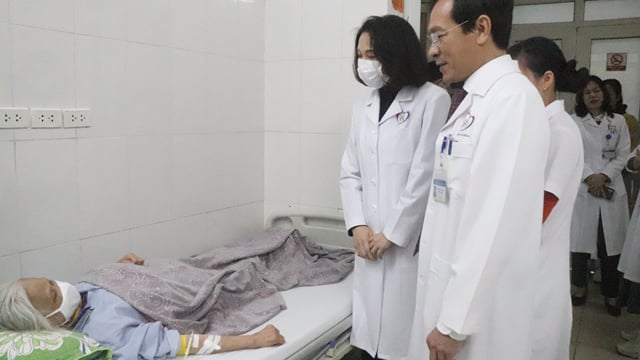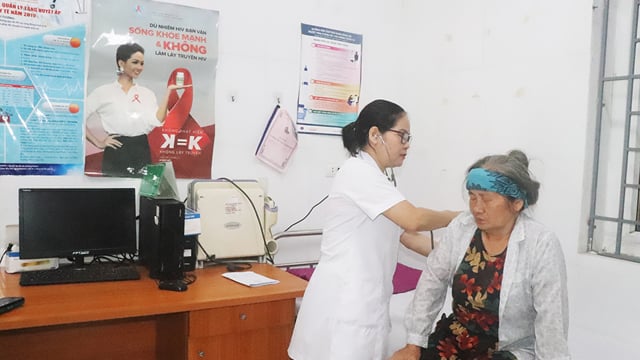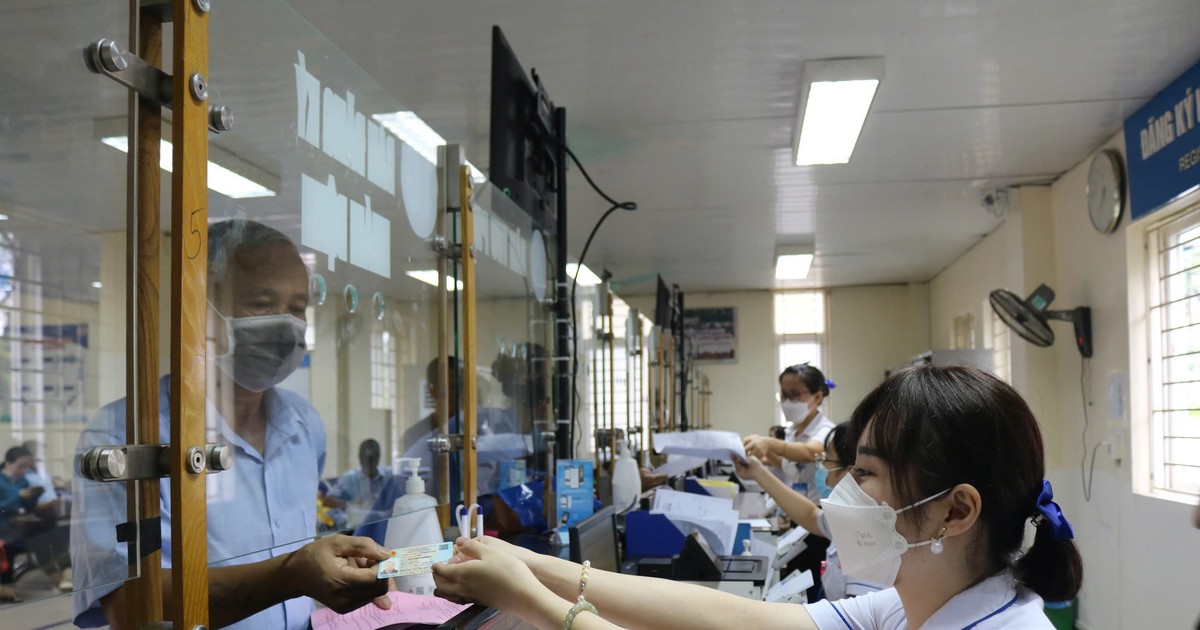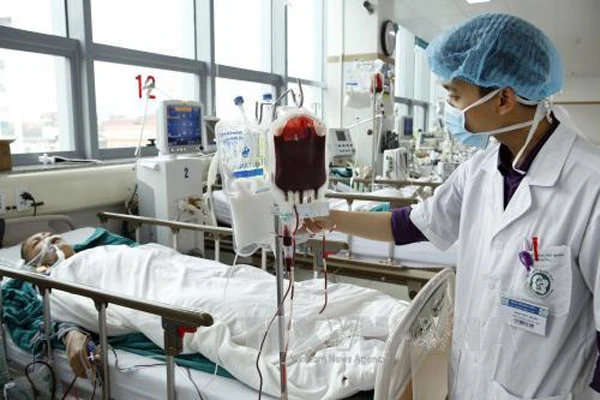Hanoi, 28-year-old girl, had pain, burning, itching in private area after each time riding a bicycle, damaged genitals, reduced desire.
The patient said she cycled for about three to four hours every day to lose weight. Every time she finished cycling, she always felt pain and itching in her private area. She thought it was because she was overtraining, so she reduced the time and number of sessions, but her condition did not improve.
On September 7, Dr. Phan Chi Thanh, Department of Examination, Central Obstetrics Hospital, said that the patient suffered genital injuries due to cycling at high intensity for a long time, the saddle pressing on the perineum, affecting health. This compression caused damage to the pudendal nerve - which supplies nerves to the genitals.
The doctor prescribed medication and advised the patient not to exercise for several months to allow the body to recover.
Cycling is a popular sport. Cycling properly is good for the heart, blood pressure, and effective in losing weight. However, there are many cases of genital injuries and pudendal nerve damage due to prolonged cycling, causing loss of sensation during sex.
For women, the pelvic area is often most affected when cycling, reducing sensitivity in the genitals and reducing desire.
Men who cycle may have twice the risk of erectile dysfunction compared to those who do not cycle or play other sports. The disease does not affect sperm quality but can hinder married life. Men with erectile dysfunction are prone to stress, depression, low self-esteem, fatigue, and sadness in daily life.
To reduce the harm to the genitals when cycling, doctors advise not to sit on the bike for too long. You should choose a saddle that is soft, flat and has enough contact area with the pelvic and hip areas. You should choose a bike with a design and size that fits your body, avoid a bike that is too high or too low, causing the genitals to be rubbed and pressed too much.
When cycling, you should choose suitable clothes, not too hot, tight, or tight.
People with cardiovascular disease, severe musculoskeletal disease, herniated disc, severe bone degeneration should not cycle. In case of muscle tear or dislocation, you should wait until you recover before exercising and exercise at low intensity.
In addition, cycling is a balancing sport, so people with vestibular disorders, psychological disorders, and fear of heights should not practice it.
In case of any unusual symptoms, you should go to a medical facility for timely examination and treatment.
Thuy An
Source link





![[Photo] April Festival in Can Tho City](https://vstatic.vietnam.vn/vietnam/resource/IMAGE/2025/4/10/bf5ae82870e648fabfbcc93a25b481ea)
![[Photo] Opening of the 11th Conference of the 13th Party Central Committee](https://vstatic.vietnam.vn/vietnam/resource/IMAGE/2025/4/10/f9e717b67de343d7b687cb419c0829a2)
![[Photo] Unique folk games at Chuong Village Festival](https://vstatic.vietnam.vn/vietnam/resource/IMAGE/2025/4/10/cff805a06fdd443b9474c017f98075a4)
























































































Comment (0)